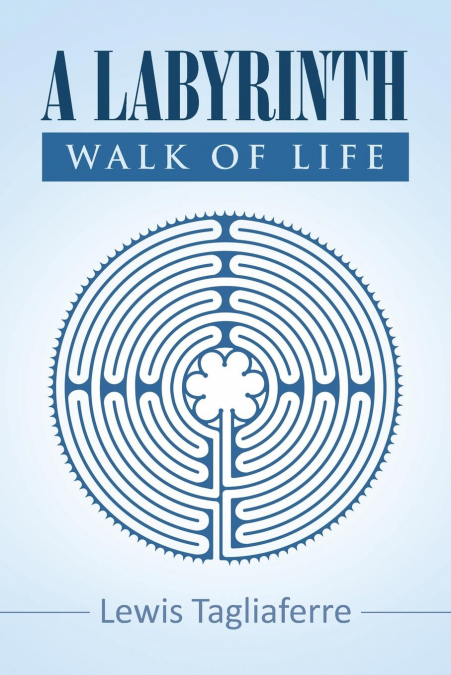
Lewis Tagliaferre
Here is a collection of journaled essays leading to the inevitable belief in theological fatalism, aka Theofatalism. They include arguments from theology, psychology, politics, geology, technology, sociology, economics, history, cosmology and more. With this belief system, you can feel good inside no matter what happens outside. It may take several readings to get it, but anything worthwhile requires effort. The work relies upon religious scriptures and the analytical psychology of Swiss psychiatrist Carl G. Jung (1875-1961).The Chartres Labyrinth is used as the symbol for the walk of life that each of us is given. We leave the source at birth and meander around on earth through stages of growth and decline to return to the source when our life work is done. You don’t have to search for your purpose in life, because you cannot avoid it. Essays in Part I discuss contemporary issues of life, and Part II focuses on the Jungian personality factors in aging. The scriptural evidence points to the will of God in every aspect of every life of every species on earth, i.e., immaculate immanence. This is not the manmade god in holy books, but the prime mover in the universe – generator, operator, destroyer – GOD. God above Gods. Don’t believe in God? Never fear; God makes atheists and agnostics, too. That is the message of this book. The Psalm says, “You saw me before I was born and scheduled each day of my life before I began to breathe. Every day was recorded in your book!” (Psalm 139:16, NLT). Nothing from atoms to galaxies can happen outside the will of God. Ergo Theofatalism.